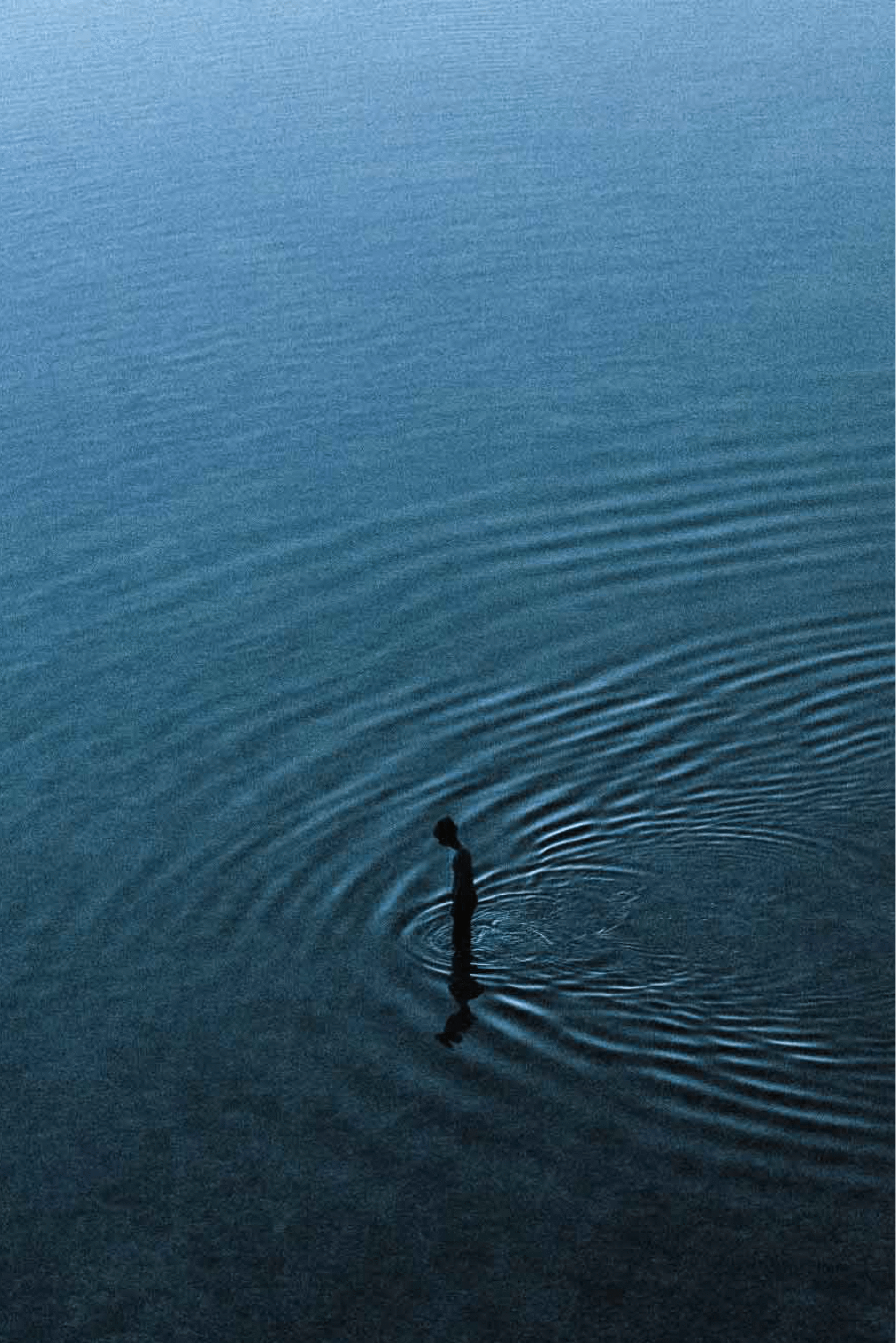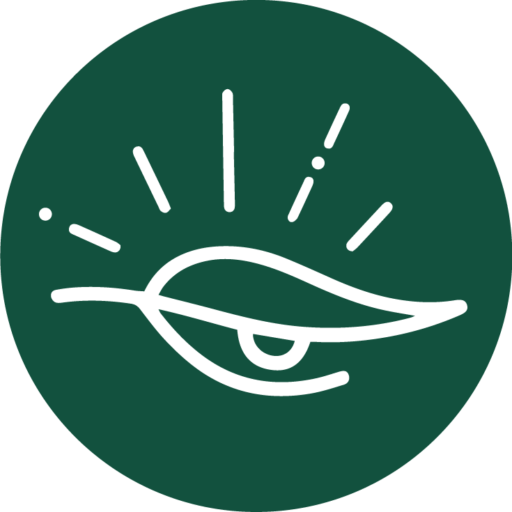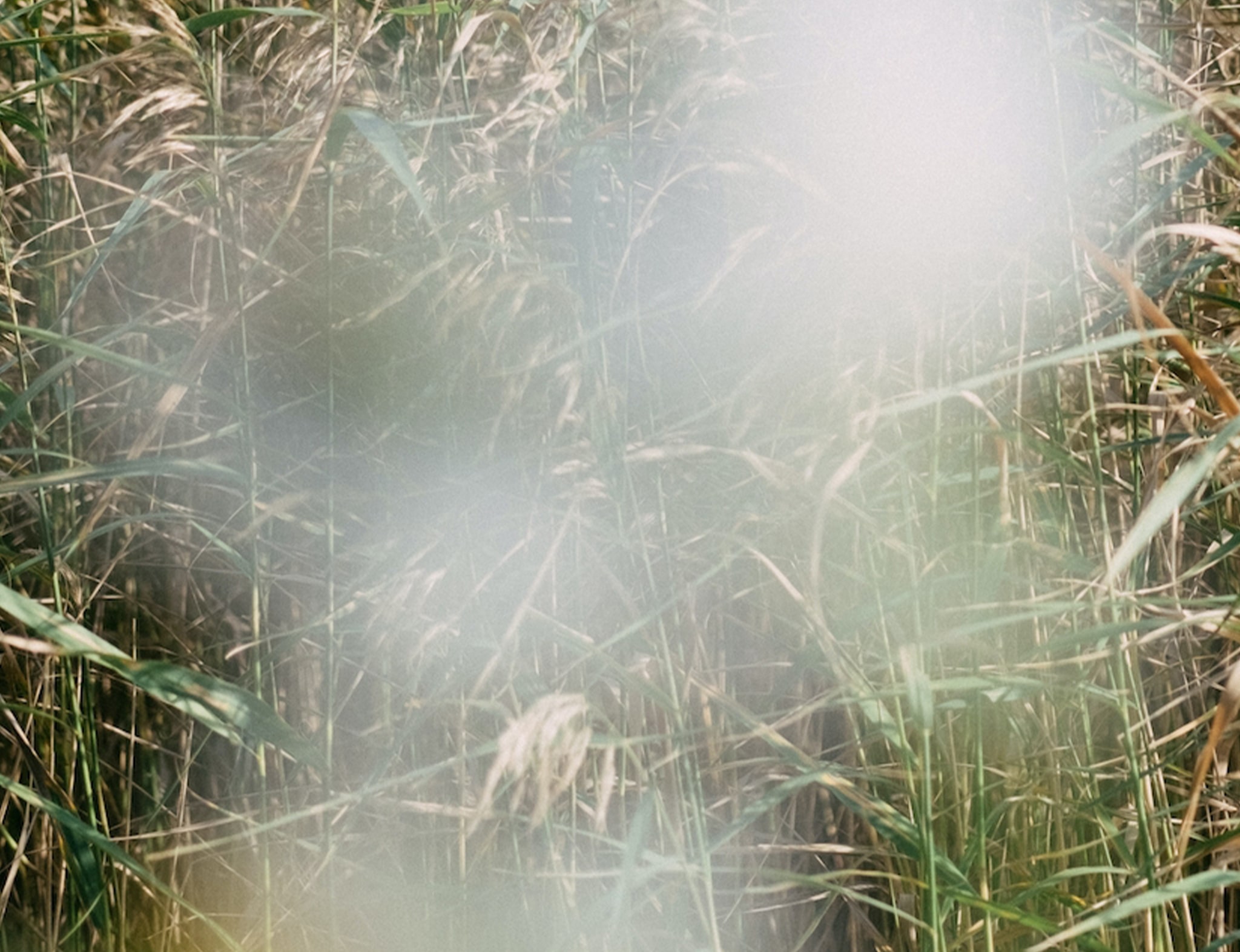
In my imagination the blue of the sea and sky reflect each other. As if a mirror is placed above and below. The white clouds become waves, a pilgrim in search of the shores of the sky.
It is water that unites the sea and the sky. Gentle, a messenger, a healer, it cleanses, yet it is never to be taken faintly; fierce if disrespected, it can swallow civilisations, and it knows how to give and take, living in reciprocity.
You and I, and every living being on Earth, are made from the same water that has been here since the beginning of life. Our bodies on average are made of 60% water; 4.4 billion-year-old water flows in our veins. In the womb of our mother, like other mammals, this water becomes our cradle; our bodies are formed in amniotic fluid. Even inside the egg, the amniotic fluid protects the embryo. And the dormant seeds also retain moisture, safekeeping the life that is yet to be germinated. Perhaps water is the portal from which all life enters the Earth, whether as a plant, a human, or a bird.
Throughout the cyclic journey of water, water molecules reside in each reservoir for a particular time period. In the ocean the water will reside for approximately 3200 years, in the lakes for up to 50 to 100 years, and in the deep groundwater for 10,000 years, while the atmospheric water will reside for 9 days. But what is a human body if not another reservoir of water? We borrow the water from these cycles and keep it flowing as long as we breathe.
The origin of the word soul is “suspected to have originally meant ‘coming from or belonging to the sea’”, and it might be connected to Proto-Germanic *saiwaz (sea). According to pagan Germanic belief, it is the abode where the souls of the unborn and the dead rest. Perhaps then water is not only a portal of birth but also the stream from which we enter into the afterlife; when the water in our bodies stops flowing, it enters the sea of life before it can take a new form, before it can be born again.
But what happens when the sea suffers? When the river dies? When the ocean changes colour? What message does it hold for the realm of the dead and the unborn? What has happened to our mirror? What are we reflecting from the sea to the sky?
The changes that took millions of years are now witnessed within a human lifetime. In his interview for emergence magazine, writer Andri Snær Magnason reflects on geological time and human time. “The world was created in seven days. Or the ocean changing in one hundred years. That is closer in time than fifty million years. Seven days against one hundred years. Those timescales are closer than one hundred years against fifty million years.”
Water suffocates in plastic, and oil floats above the sea; how will it breathe? Our body is the vessel of the waters of the Earth. But if the water is contaminated, what would our bodies hold? In January, a marine heatwave in Australia carried 30,000 dead fish onto the shores. Wave after wave, the ocean was asking: what would our bodies hold? When the water level receded in Europe in 2018, a century-old hunger stone surfaced on the Elbe River, Czech Republic. A warning of drought. Inscribed in German, “Wenn du mich siehst, dann weine” translates to “If you see me, weep.” Do waterbodies hold grief? The human body certainly does.
Blue is the colour of sadness; it can represent depression but also calm, peace and trust.
The blue of the sky and the sea comes from the scattering of light at short wavelengths. Sunlight carries all the colours of the rainbow, each travelling at its own pace. The red, orange, and yellow colours, which have longer wavelengths, are absorbed more strongly by the air and the water. The blue, with its shorter wavelength, is scattered more easily, giving both the sky and the sea their blue hues.
Just like colours have their own wavelengths, different time periods have their own essence. If blue can symbolise both sadness and peace, perhaps we too can learn to look beyond the spectrum of the Anthropocene, to imagine a life lived in reverence, where our thirst is finally quenched; where we have surpassed the desire to rule the sea and sky, to divide the world into borders; where we have learnt to give back before we take; where we can fathom the depths and flows of water within. Perhaps then the body will finally be held as the water of Earth, returning to the sea of life.




